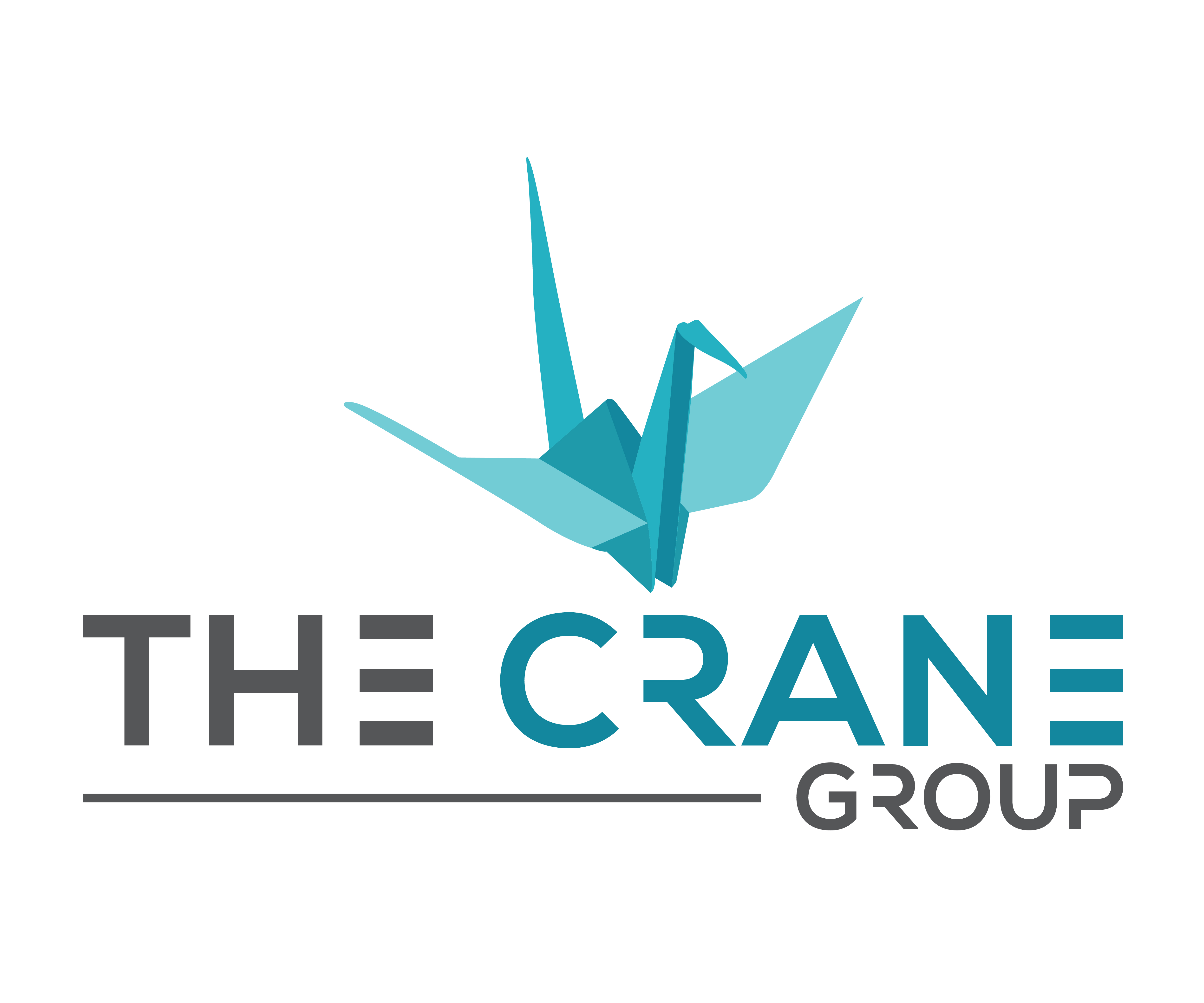If you are worried that your credit score isn’t where it needs to be to buy a home, you are not alone.
It can be positively overwhelming when you don’t know how to improve your credit…let alone or where in the world to start! What even positively or negatively impacts your credit? Should I pay off all my credit cards? Do I have enough credit history? Is my late car payment when I was 20 years old still impacting me?
So, where in the world do you start? What is the first step?
The first step is understanding how credit works in the first place. Your credit report and FICO scores are comprised of five components:
Payment History 35%
This is the most important part of your credit score. Basically, payment history means what it sounds like: Do you pay the people you owe on time? Even one missed payment can cause your score to drop by over 100 points.
Amount Owed 30%
The amount you owe is compared to your current credit limit (debt-to-credit ratio). The ideal figure for this ratio is 25% to 30%. If you are using a lot of your available credit, this may indicate that you are overextended.
Length of Credit History 15%
A longer credit history will generally increase your FICO score. Your score takes into account: How long your accounts have been open, an average age of all your accounts, and how long it has been since you have used certain accounts.
Credit Mix 10%
This is the consideration of your mix of credit cards, retail accounts, installment loans, finance company accounts and mortgage loans. Don’t worry, it’s not necessary to have one of each, but lenders do like to see the ability to successfully manage multiple types of credit.
New Credit 10%
Research shows that opening several credit accounts in a short amount of time represents a greater risk—especially for people who don’t have a long credit history. If you can avoid it, try not to open too many accounts too rapidly. If you’re trying to obtain a large loan, it is a good idea to not open many new credit accounts in the preceding time period.
Now that you know what impacts your credit, it’s time to pull yours and begin working on it. Pay your bills on time, get caught up on any past due bills, and get your debt-to-credit ratio to 30% (try calling your credit card company and asking for a higher credit limit; a higher credit limit boosts the total amount of credit you have available, therefore improving your debt-to-credit ratio).
No matter what your credit score is, I have years of experience and advice to help you. Reply to this email or message me anytime.
-Arynne
PS: Not sure if you’re quite ready to move to your next home just yet? No problem. The sooner you start learning the ins and outs of this process, the better. Click here to book a real estate possibility call with me today.




